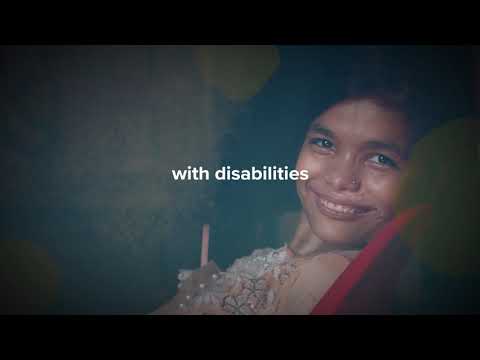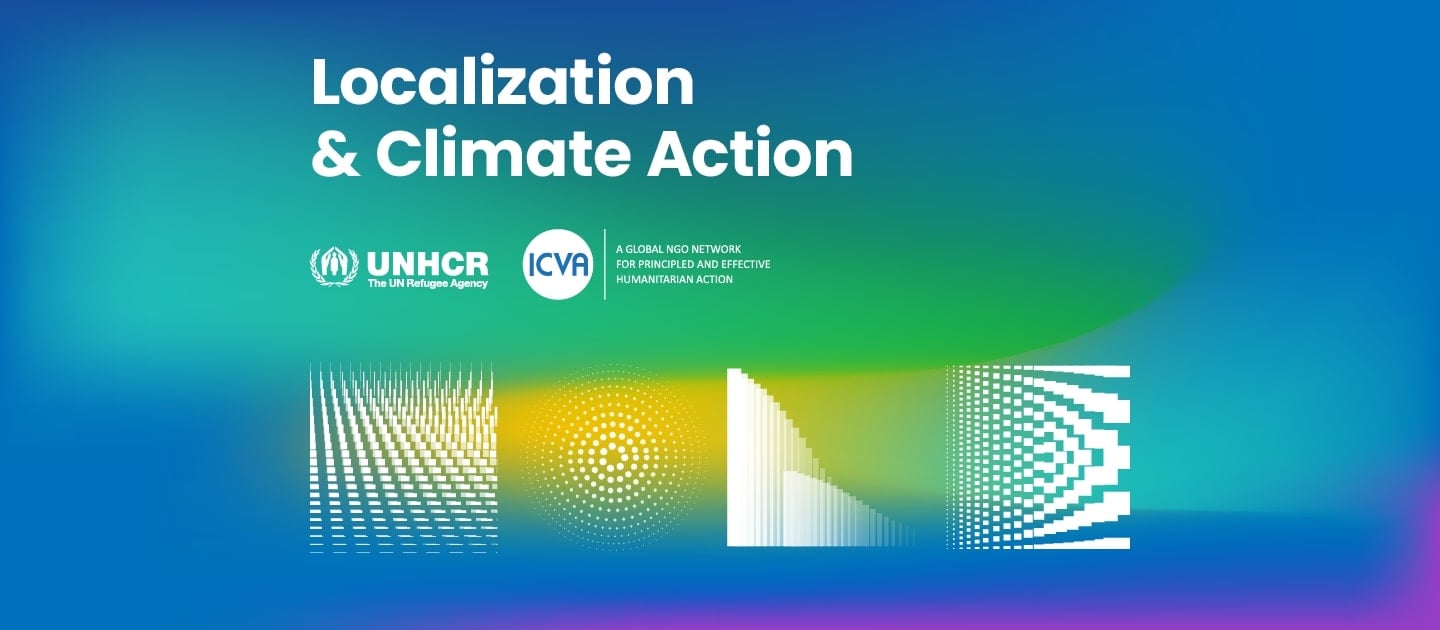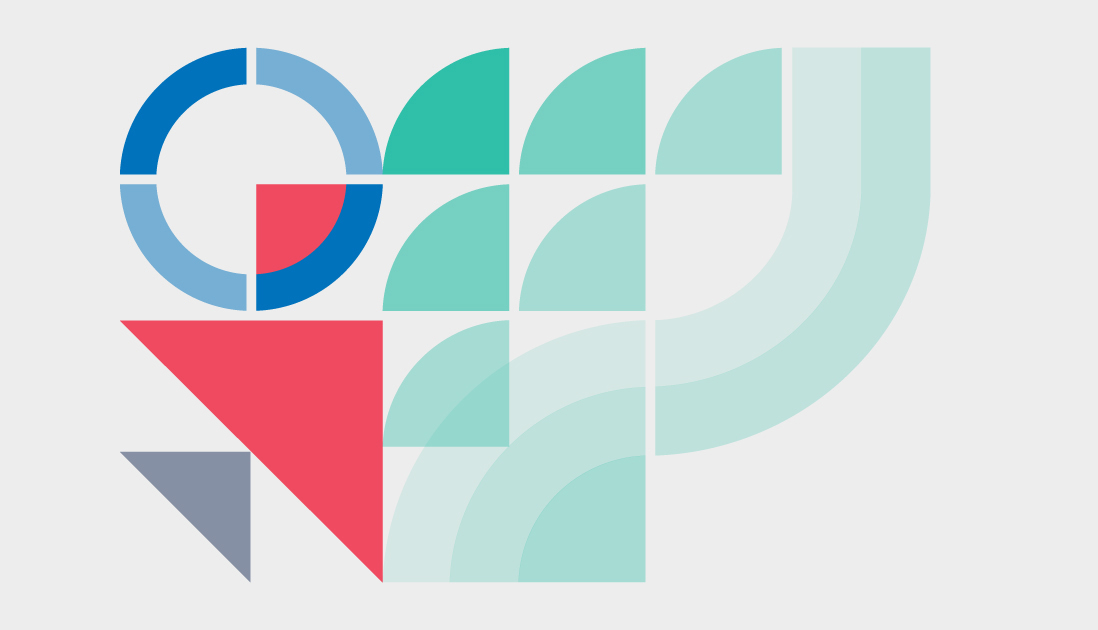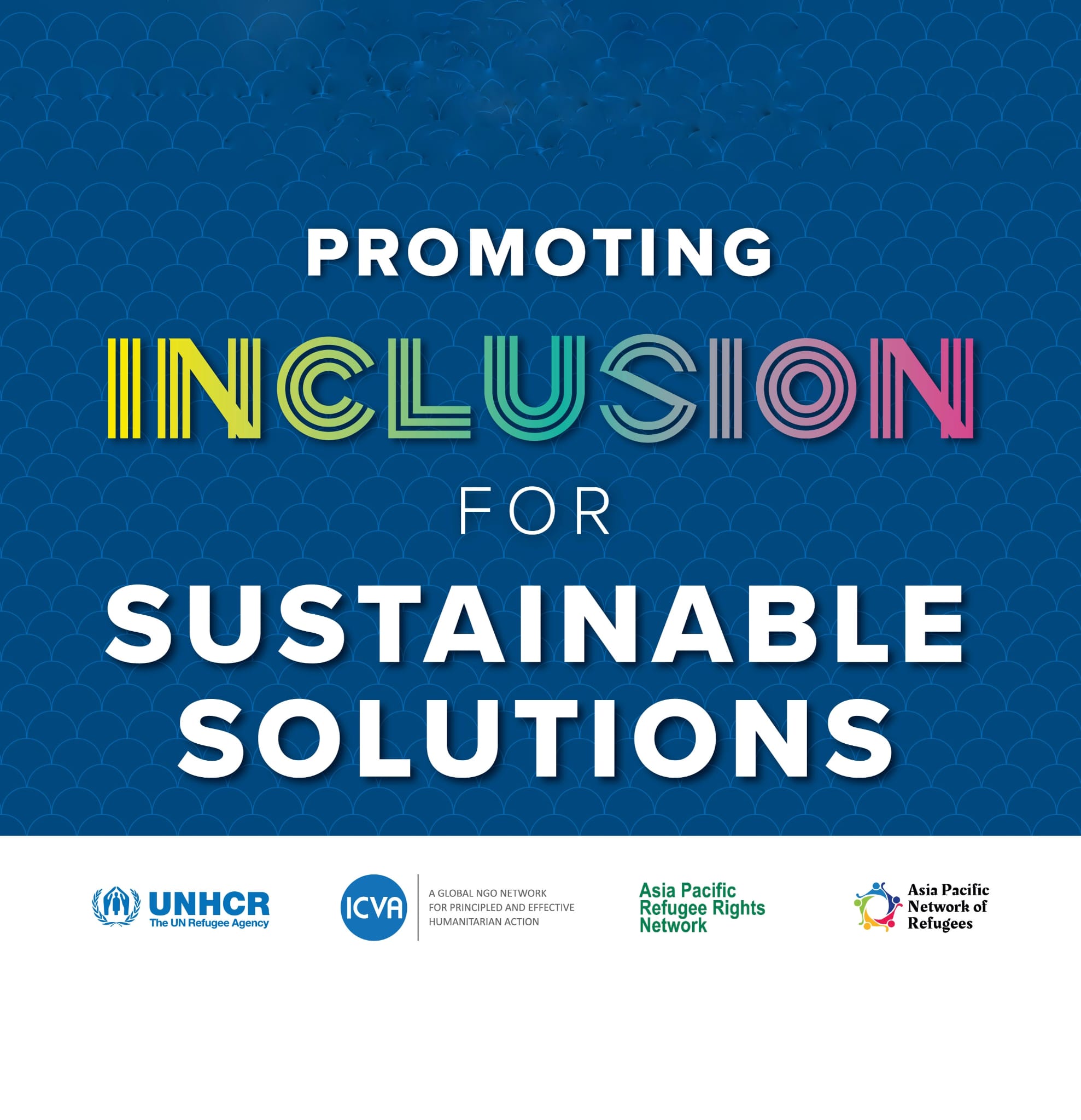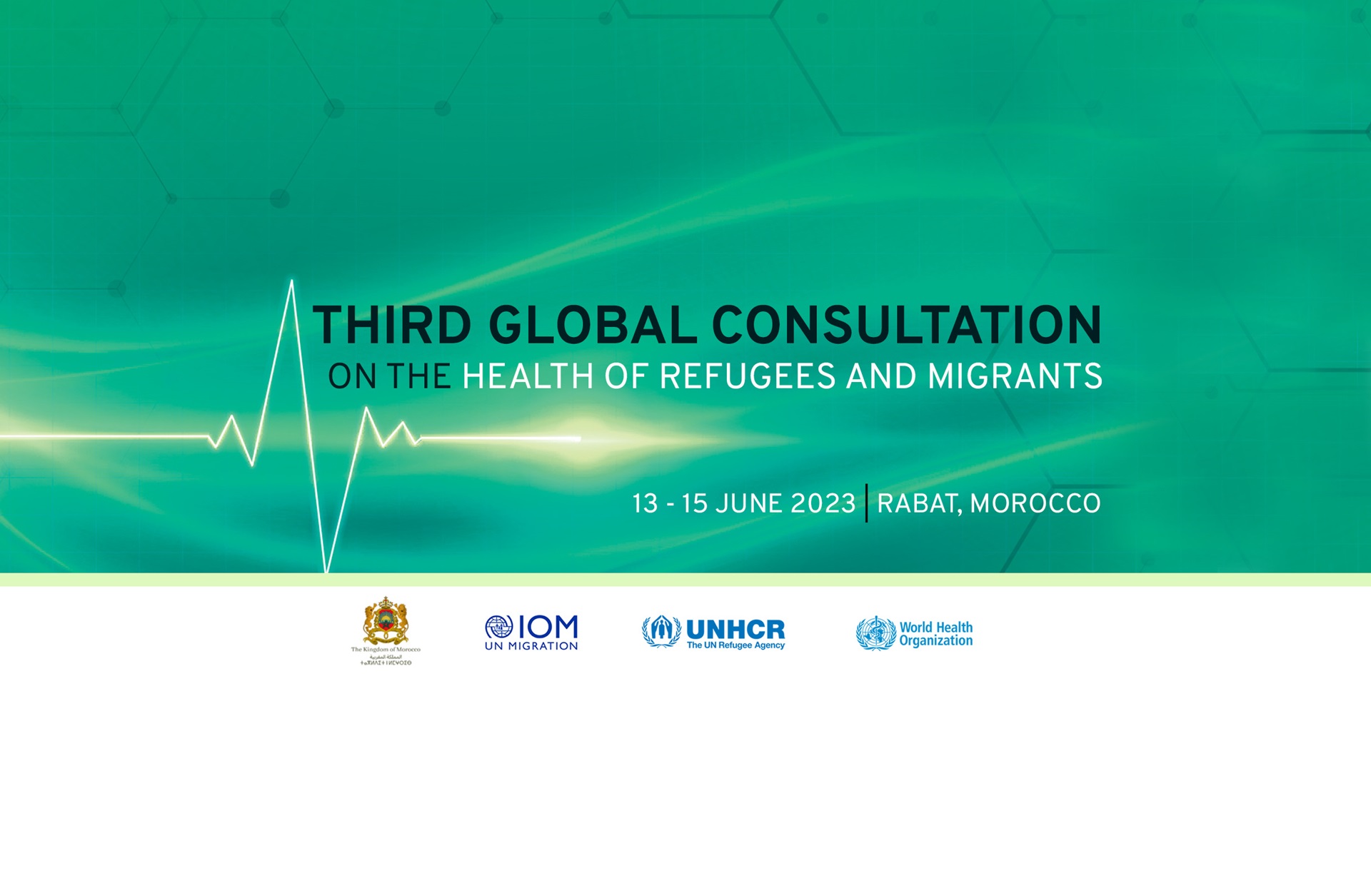2024 UNHCR Global Consultations with NGOs
2024 UNHCR Global Consultations with NGOs

The 2024 UNHCR Global Consultations with Non-governmental Organizations (NGOs) will take place in-person from 11 to 13 June at the Centre International de Conférence de Genève (CICG), Geneva, Switzerland. They will focus on:
- solutions
- inclusion in national systems
- gender equality.
There will be representation from:
- local, national, and international NGOs and civil society organizations (CSOs)
- organizations led by displaced and stateless persons
- members of the senior leadership team of UNHCR.
Agenda and concept note
The event will feature a dozen sessions and side events organized by UNHCR and NGOs. We will bring together stakeholders from different backgrounds to discuss the themes and develop recommendations to be presented to the UNHCR Executive Committee.
For more details regarding the objectives, session division, and organization please consult the concept note.
Session documents
The remaining session documents are for participants only and are password-protected:
Text and media 6
Since 20181, UNHCR has been celebrating innovative approaches in the way NGOs, and particularly grassroots organizations, support displaced communities. The UNHCR NGO Award (the Award) recognizes their efforts and accomplishments in protection and delivery of services to refugees, returnees, asylum seekers, internally displaced persons (IDPs), stateless persons and host communities.
Over the years, the Award has provided local NGOs, refugee-led, and women-led organizations with a grant (US$ 15,000) coupled with visibility and exposure to donors, international partners, media, etc, and the opportunity to network and learn from one another.
The winners of the 2024 NGO Award
This year, the 2024 UNHCR NGO Award was dedicated to local organizations supporting forcibly displaced and stateless persons with disabilities2 and organizations that are led by them.
One person out of six lives with disability (approximately 16 per cent of the world population)3. Our estimates indicate that around 17.2 million people with disabilities are currently displaced due to persecution, violence, and human rights violations. They are disproportionately affected by forced displacement, with higher likelihood to be left behind or abandoned. Difficulties in moving, hearing, seeing, communicating or learning, coupled with the physical, and environmental barriers may hinder access of persons with disabilities to protection, assistance, and solutions. Persons with disabilities experience multiple layers of discrimination and exclusion not only because of their disabilities but also due to other intersecting factors, such as age, gender, ethnicity, location or race.
It is essential to acknowledge the diversity within persons with disabilities, as different types of disabilities affect individuals in varied ways.
-
More information on how UNHCR works in support of persons with disabilities.
-
WHO, Global report on health equity for persons with disabilitiesLink is external, December 2022.
Asociación de Sordos de Honduras – Honduras
- Category: Organization led by persons with disabilities
- Representative: Ms. Estefani Claros Madrid
Asociación de Sordos de HondurasLink is external (ASH) [Association of the Deaf, in English] is an organization that advocates for the rights of persons with disabilities in Honduras, and for their equal access to education and livelihood opportunities. ASH has developed a series of training sessions and educational materials tailored to the deaf community. Given a lack of inclusive information sharing methods in Honduras, ASH observed that awareness of forced displacement issues was often limited among those with visual and hearing impairments. Thus, AHS created glossary featuring specific signs in Honduran Sign Language (LESHO) related to protection and forced displacementLink is external (pdf).
Rationale for selection of ASH
ASH's initiative to adapt the Honduran Sign Language Glossary and create videos to aid deaf refugees with disabilities in communicating their protection concerns is noteworthy for its tangible and protection-oriented approach. This effort is directed towards an often overlooked and very high-risk group: deaf refugees. This work provided the opportunity to support persons with disabilities in better understanding their rights during the cycle of forced displacement, and the specific risks they were facing in relation to the interaction of their impairments with different contextual risk factors, such as the increased risks of forced recruitment by criminal groups, gender-based violence and human trafficking.
Takatof Shababe Association – Syria
- Category: Local NGO supporting displaced persons with disabilities
- Representative: Ms. Wafaa Al Askar Al Hifel
Takatof Shababe AssociationLink is external endeavors to establish a sustainable workplace for individuals with disabilities by establishing a restaurant primarily managed and staffed by them. This initiative aims to facilitate social and economic inclusion through rehabilitation, vocational training, and employment opportunities. By providing holistic support including psychological assistance, skills development, and business education, the project aims to improve the well-being of individuals with disabilities while addressing societal stereotypes.
Rationale for selection of Takatof Shababe Association
Amongst all the NGOs offering services for refugees with disabilities, Takatof Shababe stood out for their holistic approach to include forcibly displaced persons with disabilities by establishing a restaurant managed and run by them. While other organizations often concentrate on a medical model of disability, primarily providing rehabilitation and assistive devices, Takatof Shababe ensures inclusion, by supporting refugees and returnees with disabilities with livelihood opportunities and ensuring a sustainable and accessible work environment.
Umoja Persons with disabilities Group – Malawi
- Category: Refugee-led organization supporting displaced persons with disabilities
- Representative: Mr. Edward Kaboyi
Umoja Persons with Disabilities GroupLink is external (UPD) is a driving force in Dzaleka Refugee Camp, identifying and supporting refugees with disabilities through advocacy for better inclusion, capacity sharing and community-building initiatives. They partner with the Malawian government to promote disability rights through seminars and workshops, engaging stakeholders at all levels. UPD's training center provides English classes and essential job skills, empowering refugees with disabilities. Additionally, UPD ensures these individuals receive necessary medical and food assistance, enhancing their overall well-being.
Rationale for selection of UPD
Among the few organizations led by refugees with disabilities that applied to the 2024 NGO Award, UPD stands out for being a local grassroot organization in a first host country with an advocacy and operational footprint. Other organizations with a similar focus were scarce in comparison to traditional organizations of persons with disabilities and NGOs. The other organizations that primarily focused on advocacy, were in their early stages looking for funding to register the organizations or were based in more resource-rich environments like Europe.
Contact us
For any inquiries regarding the 2024 NGO Award, please contact the UNHCR Partnership Section at hqng00@unhcr.org.

